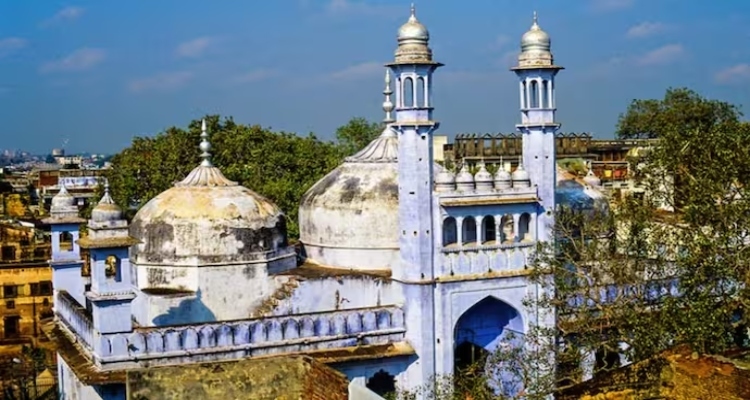
In the dispute regarding the ownership of the Kashi Vishwanath-Gyanvapi site in Varanasi, the Allahabad High Court has issued a significant order on Tuesday. In the Gyanvapi case, the Allahabad High Court has delivered a significant blow to the Muslim side by granting permission for the trial of the 1991 case. The Allahabad High Court has dismissed five pleas.
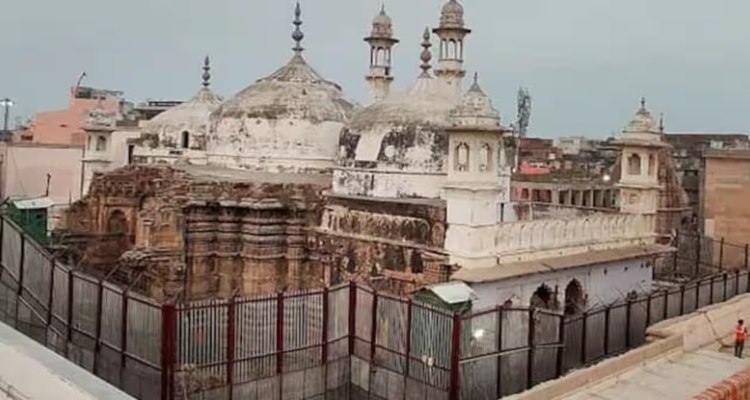
Justice Rohit Ranjan Agarwal’s bench dismissed the petitions filed by the Sunni Central Waqf Board and the Anjuman Intezamia Masjid Committee, which challenged the ownership disputes related to the Gyanvapi mosque. The court stated that the case affects two major communities in the country. The High Court directed the Varanasi District Trial Court to make a decision on the case within six months.
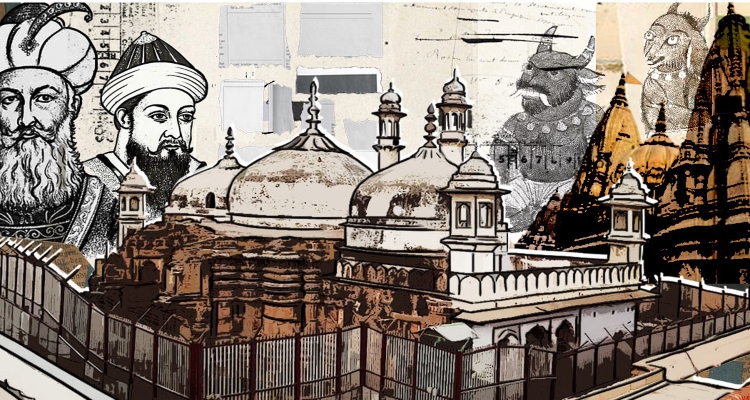
The legal battle over the Gyanvapi Mosque has been ongoing since 1991. The first case was filed in the Varanasi court in 1991, seeking permission for worship at the Gyanvapi premises. The case involves Swayambhu Bhagwan Vishweshwar’s ancient idol, with Somanath Vyasa, Ram Rang Sharma, and Harihar Pandey as the petitioners. A few months after the case was filed, in September 1991, the central government enacted a law regarding places of worship. The law stipulates that any place of worship that existed before August 15, 1947, cannot be converted into a place of worship of another religion. Attempting to do so could lead to imprisonment of one to three years along with a fine.
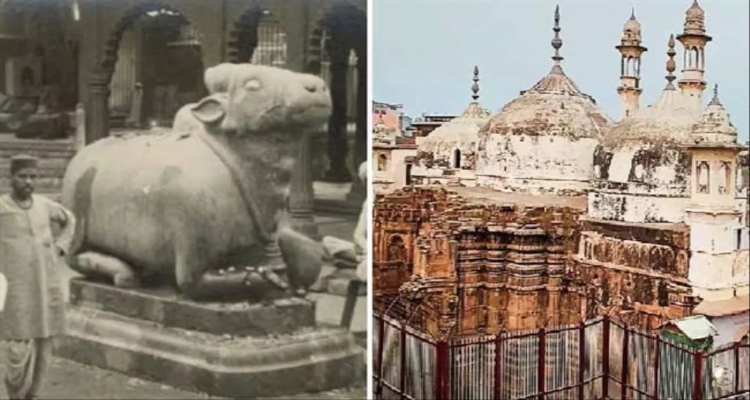
The Ayodhya case was in court at that time, hence it was kept separate from this law. However, the Mosque Committee referred to this law in the Gyanvapi case and challenged it in the High Court. In 1993, the Allahabad High Court had issued a stay order to maintain the status quo. In 2018, the Supreme Court ruled that the validity of a stay order in any case would be for only six months, after which the order would not be effective.
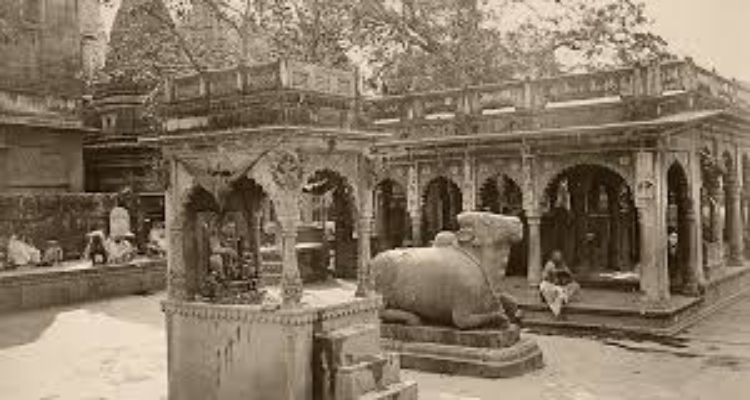
After this order, in 2019, The one of Rakhi Singh filed a case in Varanasi Court and the court resumed hearing on this matter. In 2021, the Senior Division Fast Track Court of Varanasi approved the archaeological survey of the Gyanvapi Mosque. A commission was appointed, and on May 6 and 7, both parties were present for the filming by the surveyors. By May 10, the court had requested complete information on this matter.
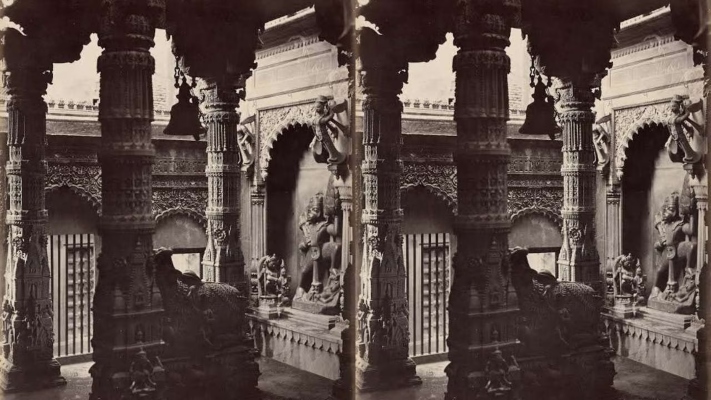
Survey work began on May 6 but was opposed by the Muslim side on May 7. The case reached the court, and on May 12, the court dismissed the Muslim side’s plea to change the commissioner, ordering the survey to be completed by May 17. The court instructed that where locks are present, they should be opened. If anyone attempts to create obstacles, take legal action, but the survey must be completed under any circumstances.
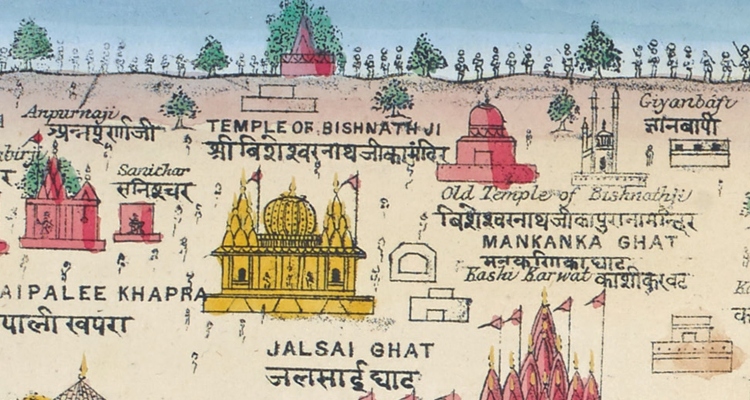
On May 14, the Supreme Court immediately rejected the plea of the Muslim side, which sought to stop the survey in the Gyanvapi Mosque. The plea requested a halt to the survey during the hearing. The apex court refused to issue an order without examining the documents. Now, a hearing is scheduled for May 17 in this matter. Survey work on the Gyanvapi site resumed from May 14. Every area, from closed rooms to wells, was inspected, and the entire process was filmed and photographed.
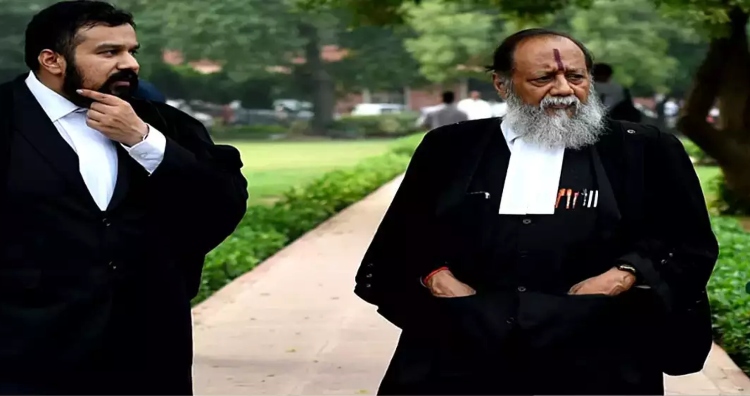
The survey work was completed on May 16. The Advocate of Hindu side Hari Shankar Jain and Vishnu Jain and Team of Local Lawyers claimed to have found a well near the Baba. Additionally, many pieces of evidence supporting Hindu heritage were found. Meanwhile, the Muslim side claimed that nothing significant was found during the survey. The Hindu side demanded a scientific survey, which was opposed by the Muslim side. On July 21, 2023, the district court approved the demand of the Hindu side for a scientific survey of the Gyanvapi premises. After this, the matter reached the Supreme Court, which directed it to go to the High Court. In this case, on August 3, 2023, the Allahabad High Court allowed the survey of the Gyanvapi Mosque premises.
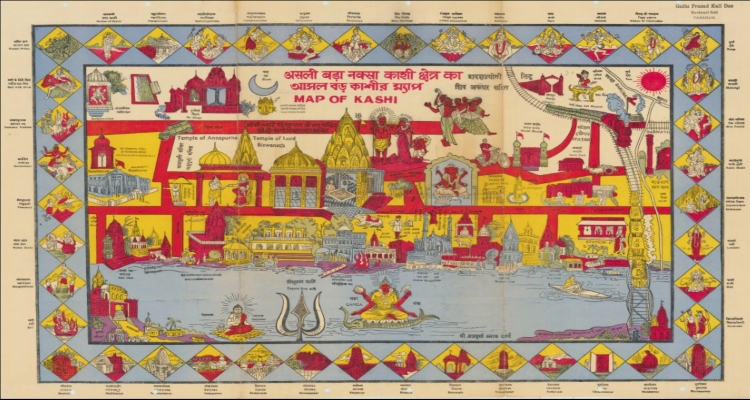
No more ‘Date after Date’, Adjournment will have to pay a heavy Cost
In order to quickly resolve the Gyanvapi dispute, the Allahabad High Court, in its order given on Wednesday 19 December, has issued clear instructions to the lower court that the hearing in this case should not be postponed now unnecessary. This matter will have to be resolved quickly. The decision will have to be given within a maximum of six months. Along with this, the High Court said that 32 years have been passed since this case was filed in the year 1991. Therefore, ‘this court directs the trial court to dispose of the case expeditiously and conclude the proceedings of the original Suit. The period of six months will be considered from the date of issuance of the certified copy of this order.
The Allahabad High Court stressed that, ‘It is made clear that the trial court will not grant unnecessary adjournment to either of the parties (Hindu and Muslim). If any party demands adjournment of the hearing any day, it will have to pay a heavy price in exchange for the adjournment.
After this order of Allahabad High Court, it is understood that now the final decision of Gyanvapi case will come soon. The court will conduct the proceedings expeditiously on its part and the Muslim and Hindu parties will also not use tactics to postpone the case unnecessarily.
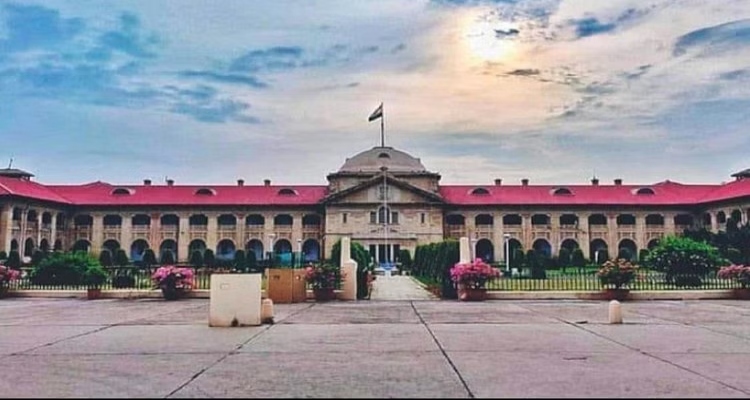
To expedite the resolution of the Gyanvapi dispute, the Allahabad High Court, in its decree issued on Wednesday, December 19, has explicitly directed the lower court to refrain from further postponements in this case. Emphasizing the urgency for a swift resolution, the High Court has mandated a decision within a maximum period of six months. Additionally, the High Court highlighted the elapsed time of 32 years since the case was lodged in 1991. Consequently, the court orders the trial court to expedite the case’s conclusion and wrap up the proceedings within this specified six-month period, commencing from the issuance of the certified copy of this order.
The Allahabad High Court underlined that the trial court is explicitly instructed not to grant unnecessary adjournments to either party, be it Hindu or Muslim. Any plea for adjournment during the hearing will incur significant penalties.
Following this decree from the Allahabad High Court, it is anticipated that the final decision in the Gyanvapi case will arrive imminently. The court is poised to swiftly proceed with the hearings, and both Muslim and Hindu parties are expected not to employ tactics to unduly prolong the case.
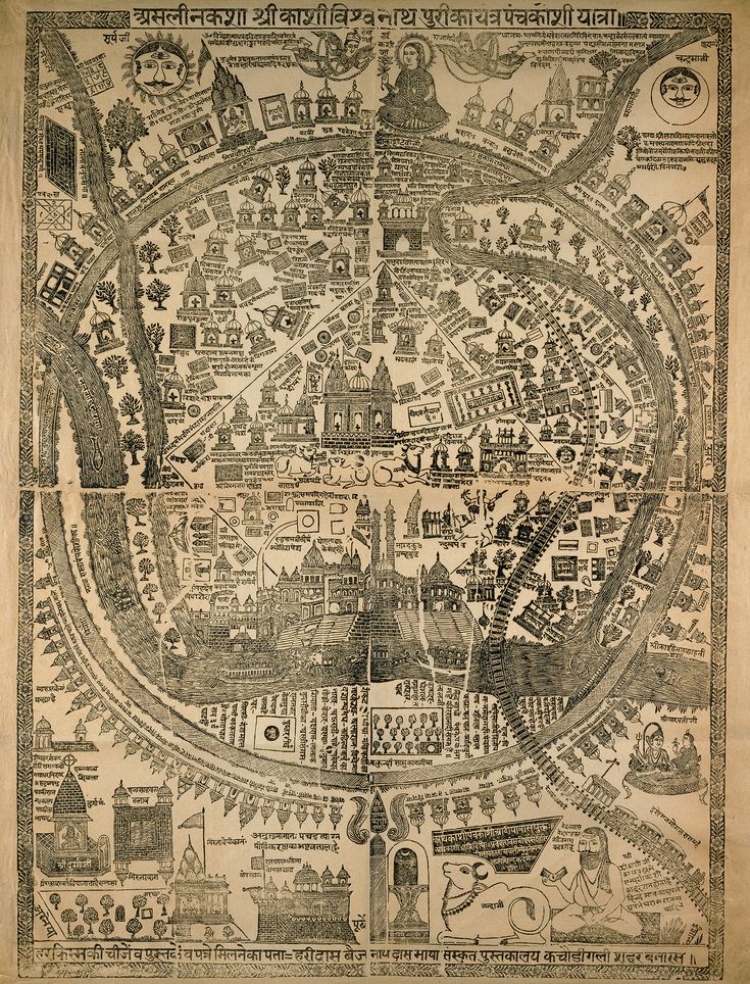
Is the revival of the Gyanvapi temple on the horizon?
The Allahabad High Court has deemed the Kashi Vishwanath-Gyanvapi land dispute a matter of “national importance” in its recent rulings. Emphasizing that this is not merely a dispute between individuals but a significant issue involving two major religious communities of the nation, the High Court dismissed all petitions challenging of the hindu side civil case 1991, currently pending before a Varanasi court.
In these petitions, the original contention aimed at reconstructing a Gyanvapi temple on the disputed mosque site was legally challenged. Justice Rohit Ranjan Agarwal, delivering the verdict, stated that the lawsuit filed to ascertain ownership over the disputed site is fit for hearing before the district court. Additionally, the Places of Religious Worship Act, 1991 does not prohibit the lawsuit from being heard.
In this case, the Hindu plaintiff contends that the Gyanvapi Masjid is a part of the temple, urging for a hearing and the restoration of the temple. Conversely, the Uttar Pradesh Sunni Central Waqf Board, as the respondent, argues that the Places of Worship Act (Special Provisions) Act, 1991 is in effect, thereby rendering the suit filed by the Hindu party non-maintainable.
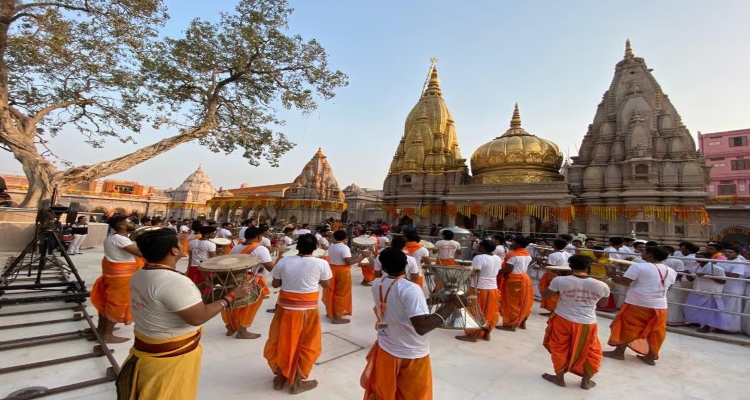
What is Places of Worship Act 1991and its Loopholes
The Places of Worship (Special Provisions) Act, 1991 is a law enacted by the Parliament of India whose primary purpose is to clarify the status of rights over places of religious worship. This means that the status of religious places in India as on August 15, 1947 will be considered intact.
This Act was created to maintain religious harmony and sanctity of religious places in India. It specifically aims to prevent conversion of places of worship and to maintain the religious character of these places as they were at the time of India’s independence. The purpose of this law is to prevent disputes and conflicts arising from changes in the status or use of religious sites, especially those that may create tension between different religious communities.
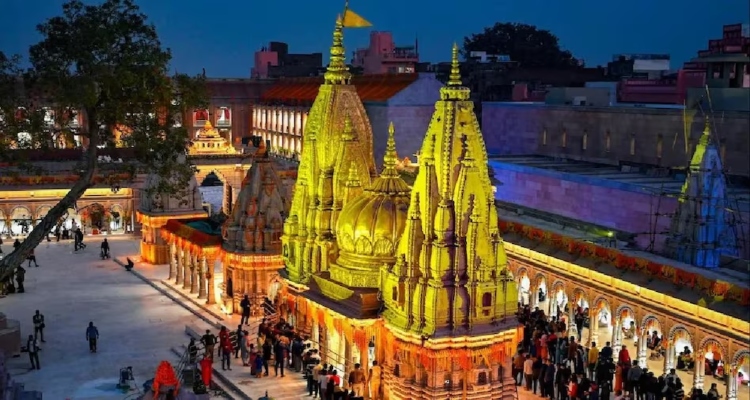
This Act does not apply in the Ayodhya case. The law advocates maintaining communal harmony and peace by preserving the religious character of existing places of worship and preventing controversial alterations on them but does not give any clear direction regarding land ownership. Taking this silence of the law as the basis, the Allahabad High Court has declared the case of Gyanvapi filed by the Hindu side maintainable worthy of hearing.




